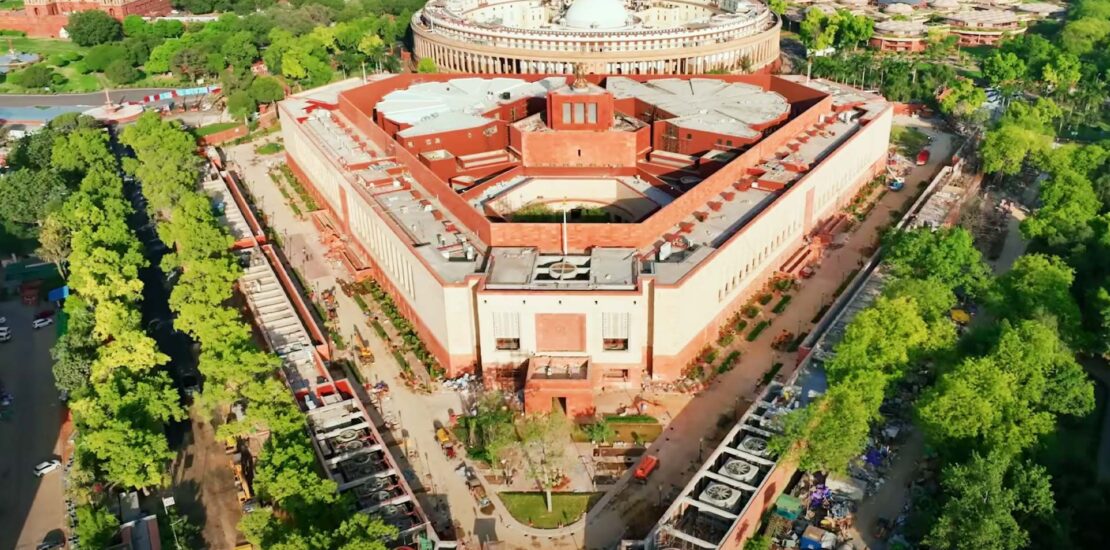Government Disciplinary Action Timelines: Supreme Court Sets Strict Compliance Standards
- October 2, 2025
- Posted by: MF Khatri
- Categories: Compliance, Government, Supreme Court

The Supreme Court’s comprehensive ruling in State of Uttar Pradesh v. Ram Prakash Singh establishes stringent requirements for government disciplinary proceedings, emphasizing procedural fairness, timeline compliance, and natural justice principles that protect civil servants while ensuring administrative accountability. This landmark decision provides crucial guidance for government departments conducting disciplinary actions and establishes clear standards for procedural compliance.
Case Background and Systemic Violations
Ram Prakash Singh, a retired Assistant Engineer, faced embezzlement charges totaling ₹2.5 crores from 2004-2005, representing a significant financial irregularity that demanded thorough investigation. Despite the gravity of allegations, the case revealed systematic procedural failures that ultimately invalidated the entire disciplinary process.
The U.P. State Public Services Tribunal had established a three-month deadline for disciplinary proceedings completion, reflecting judicial recognition that prolonged uncertainty violates employee rights. However, the inquiry continued for years without formal extension requests, demonstrating cavalier disregard for judicial authority and procedural requirements.
The case exemplifies broader problems in government disciplinary systems where administrative convenience often trumps legal compliance and employee rights. These systemic issues require comprehensive reforms to ensure both effective governance and constitutional protections for civil servants.
Constitutional Foundations and Employee Protection
The Court reinforced that Article 311 provides fundamental protections for civil servants against arbitrary dismissal without proper inquiry procedures. This constitutional safeguard ensures that government employment cannot be terminated based on allegations alone, requiring substantive due process before adverse actions.
Article 21’s guarantee of life and liberty extends to employment rights, requiring fair procedural protections in government disciplinary proceedings. The Court emphasized that these constitutional provisions create enforceable rights rather than mere aspirational guidelines for administrative convenience.
The U.P. Government Servants (Discipline & Appeal) Rules 1999 provide specific procedural requirements that government authorities must follow meticulously. These rules mandate timely processes, proper documentation, and inquiry report sharing with accused employees to ensure fundamental fairness.
Timeline Compliance: Non-Negotiable Requirements
The Supreme Court established that once tribunals or courts set disciplinary proceeding deadlines, government authorities must complete proceedings within specified timeframes without exception. These deadlines reflect judicial assessment of reasonable time requirements for fair investigation and decision-making.
Extension requests must be formally submitted before deadline expiration, with specific justifications for additional time requirements. Continuing proceedings beyond authorized periods without proper extensions renders entire disciplinary actions legally invalid, regardless of underlying misconduct evidence.
The Court rejected arguments that procedural violations can be overlooked when substantive misconduct appears proven. Constitutional protections require adherence to proper procedures independent of case merits, ensuring that government power cannot bypass legal requirements through expedience arguments.
Natural Justice: Fundamental Procedural Requirements
The Supreme Court emphasized that failing to provide inquiry reports to accused employees constitutes a fundamental violation of natural justice principles. Without access to investigation findings and evidence, employees cannot mount effective defenses, compromising the adversarial process essential to fair proceedings.
Audi alteram partem (hear the other side) requires meaningful opportunity to respond to allegations and evidence. This principle becomes meaningless when employees lack access to inquiry findings, witness statements, and documentary evidence forming the basis for disciplinary charges.
The Court clarified that due process violations cannot be cured by post-decision disclosures or appellate review opportunities. Fundamental fairness requires proper procedures during initial disciplinary proceedings rather than remedial measures after flawed processes conclude.
Burden of Proof and Procedural Violations
Significantly, the Court clarified that employees need not prove specific prejudice from procedural violations to invalidate disciplinary proceedings. When basic constitutional and legal safeguards are compromised, proceedings become inherently unfair regardless of demonstrable harm to individual cases.
This ruling shifts the burden from employees to government authorities, requiring administrative compliance with procedural requirements as a prerequisite to valid disciplinary action. Procedural violations create presumptive unfairness that cannot be overcome through substantive evidence alone.
The decision recognizes that procedural protections serve systemic functions beyond individual case outcomes, maintaining public confidence in administrative fairness and preventing abuse of government power. These protections cannot be sacrificed for administrative convenience or efficiency arguments.
Administrative Law Implications and Systemic Reforms
The ruling identified multiple systemic flaws in the disciplinary process: failure to examine new witnesses, inadequate document provision to accused employees, and reliance on outdated evidence without fresh investigation. These deficiencies demonstrate the need for comprehensive administrative reforms.
Government departments must establish robust timeline tracking systems to ensure deadline compliance, implement standardized procedures for extension requests, and guarantee inquiry report access to accused employees. These reforms require both policy changes and training for administrative personnel.
Legal Practice and Compliance Recommendations
Legal advisors representing government agencies should audit existing disciplinary procedures to ensure constitutional compliance and natural justice adherence. Preventive legal review can avoid costly litigation and ensure valid disciplinary outcomes when misconduct occurs.
Employee representatives must understand these enhanced procedural protections to effectively challenge flawed disciplinary proceedings. The Court’s ruling provides powerful tools for defending civil servants against procedurally defective administrative actions.
This decision strengthens civil service protections while promoting efficient, fair administrative processes that respect both employee rights and public accountability requirements. The balance struck between administrative effectiveness and individual protection represents a significant advancement in administrative law jurisprudence that will influence government personnel practices nationwide.
